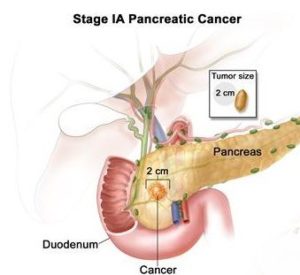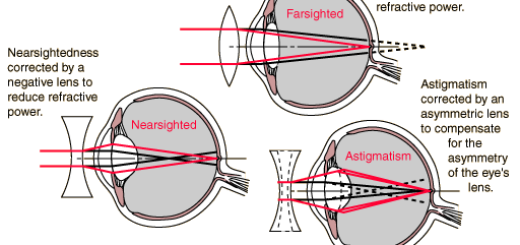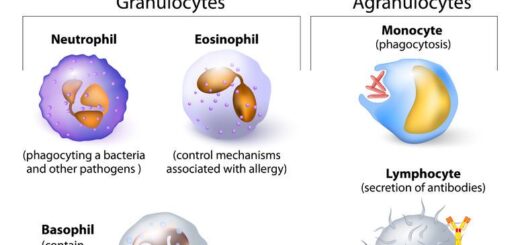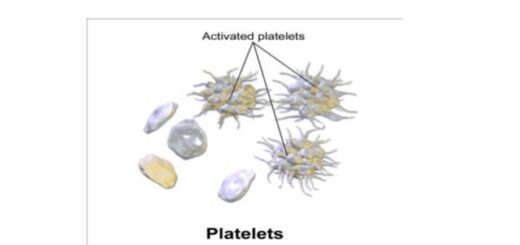Pancreatic cancer Symptoms, Signs and Treatment
Pancreatic Cancer
It begins in the tissues of your pancreas, The pancreas is the organ in your abdomen which lies behind the lower part of the stomach, It secretes the enzymes which help in the digestion and the hormones that help to regulate the metabolism of sugars.
The pancreas has endocrine and exocrine functions, It produces the digestive juices and the hormones which regulate the blood sugar, The pancreatic cancer is highly lethal because it grows and spreads rapidly and it is diagnosed in its late stages, and it is the disease in which malignant (cancerous) cells form in the tissues of the pancreas.
The cells called the exocrine pancreas cells produce the digestive juices, while the cells called the endocrine pancreas cells produce the hormones, The majority of pancreatic cancers start in the exocrine cells, Most pancreatic cancers are adenocarcinomas.
Pancreatic cancer spreads rapidly and it is seldom detected in the early stages which is the main reason why it is a leading cause of the cancer death, The signs and symptoms may not appear until the pancreatic cancer is advanced and the complete surgical removal is not possible.
The genetic analysis has recently identified four pancreatic cancer subtypes, The squamous, The pancreatic progenitor, The aberrantly differentiated endocrine exocrine (ADEX), and The immunogenic.
Pancreatic Cancer Symptoms and Signs
Pancreatic cancer does not cause symptoms until it has grown, so it is mostly diagnosed in the advanced stages rather than early in the course of the disease, Painless jaundice (It is the yellowish discoloration of the skin and whites of the eyes) without the pain can be the early sign of the pancreatic cancer.
The other symptoms that can occur with a more advanced disease are nausea, vomiting, the unexplained weight loss, the itching skin, the back pain, dark urine, and the enlarged lymph nodes in the neck can be present as well.
Pancreatic cancer causes symptoms such as the pain in the upper or middle abdomen, the abdominal bloating, diarrhea, the fatigue, depression, light-colored stools, and the loss of appetite.
Pancreatic Cancer Risk Factors
Many factors that could put you at the risk for developing pancreatic cancer include Smoking, Chronic pancreatitis (inflammation of the pancreas), the inherited conditions (including hereditary pancreatitis), Familial pancreatic cancer syndromes, and Long-standing diabetes.
Pancreatic cancer rarely occurs before the age of 40, and more than half of cases of the pancreatic adenocarcinoma occur in those over 70, The risk factors for the pancreatic cancer are due to the obesity and certain rare genetic conditions, About 25% of cases are linked to tobacco smoking, and 5–10% are linked to the inherited genes.
Pancreatic Cancer Treatment
Pancreatic cancer is difficult to diagnose, and the diagnosis is made late in the course of the disease, The pancreatic cancer is usually diagnosed by a combination of the medical imaging techniques such as the ultrasound or the computed tomography, the blood tests, and the examination of tissue samples (biopsy).
There are various treatments for pancreatic cancer such as the surgery, the chemotherapy, and the radiation therapy, The chemotherapy uses the drugs to treat cancer, while the radiation therapy uses X-rays or the other kinds of radiation to kill the cancer cells, The surgery can be used to remove the tumor or to treat the symptoms of the pancreatic cancer.
The only curative treatment is the surgical removal of all cancer and the pancreatic transplant, Many patients are not eligible for the pancreas transplant, The chemotherapy for the metastatic pancreatic cancer can extend the life and improve the quality of life as it is made after the surgery, and it can lower the chances of cancer returning.




